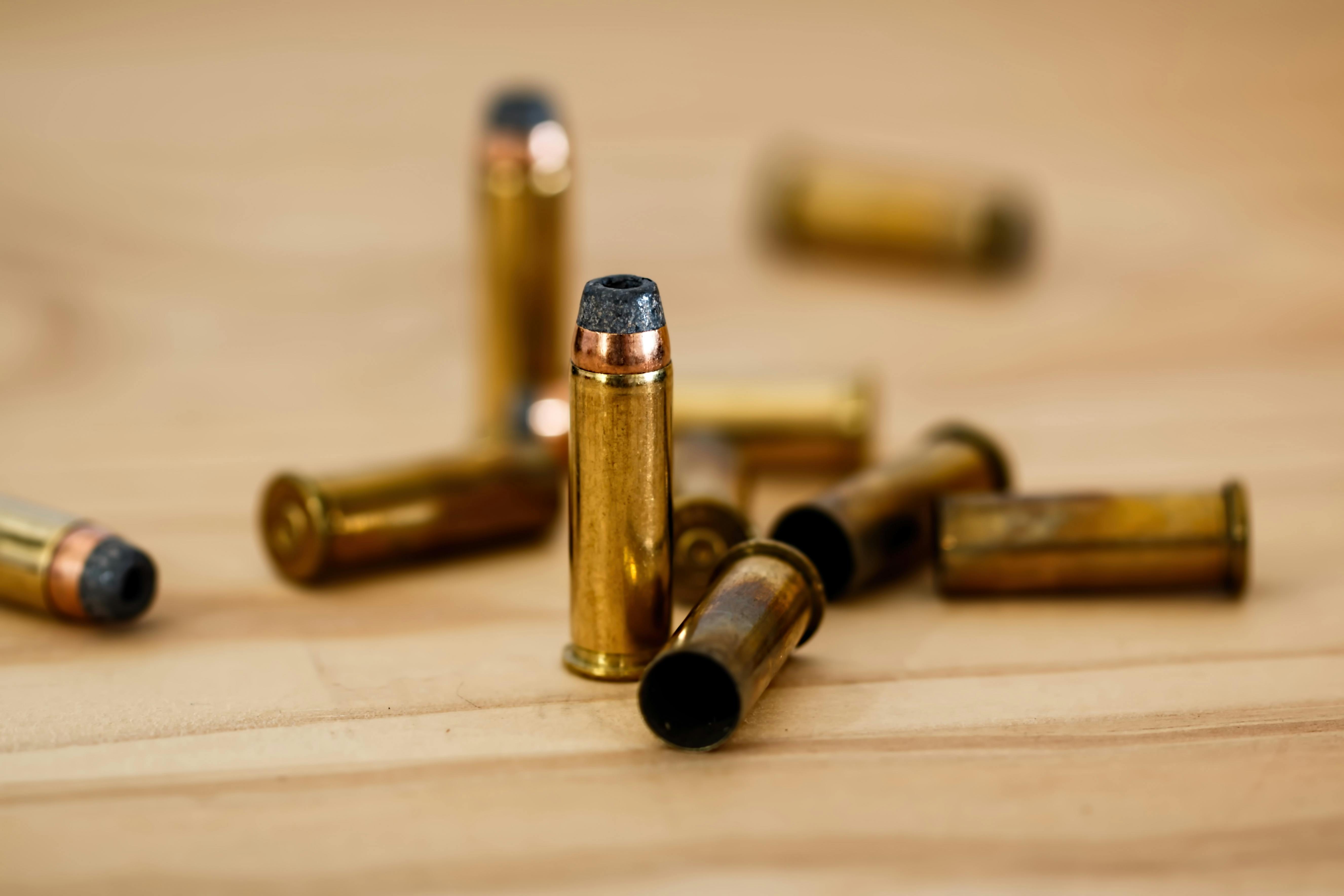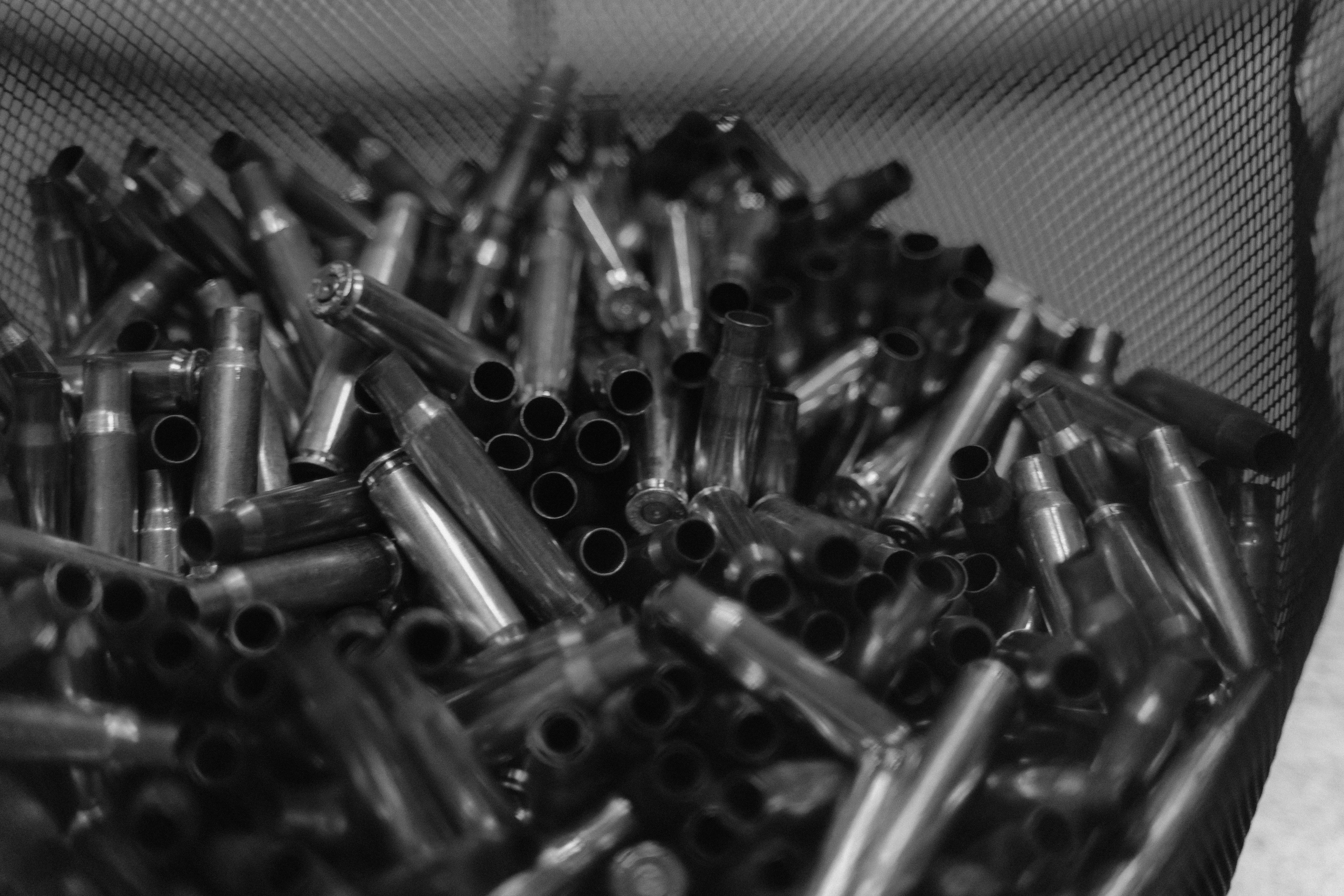Rifle & Handgun Brass Recycling: How to Turn Spent Shell Casings into Cash
28th Nov 2025

Turning Spent Rounds into Valuable Recycled Brass
To the untrained eye, a range floor is covered in debris. To the serious reloader and firearms enthusiast, it is paved with "yellow gold." Spent brass ammo casings are far from waste; they are a durable commodity with genuine market value. For high-volume shooters, ignoring this byproduct is equivalent to throwing money away with every trigger pull. Learn the benefits of recycling brass, why you should collect, sort, and convert your rifle and handgun brass into cash, transforming a messy byproduct into a renewable source of funding for your passion.
Why Your Spent Ammo Brass is Valuable
The casings left behind after a trip to the range are made from brass, an alloy of copper (typically 70%) and zinc (typically 30%). This composition makes them highly desirable and valuable in the metals recycling industry.
Financial Benefit to Recycling Brass
Spent brass shell casings are a direct source of income. Instead of paying a landfill or a general scrap dealer low prices, you can partner with specialized buyers who pay competitive rates because they specifically process this high-quality material. Environmental Responsibility: Recycle brass to reduce the need for mining new metals. Brass can be melted down and reformed indefinitely without losing its quality, making it one of the most sustainable materials used in shooting sports.

Recycle Brass - How Reloaders Do it
The process of converting spent brass into cash is straightforward, requiring just a few simple steps:
Collection: Implement a consistent collection method. For reloaders, this is often a simple bucket or container. For gun ranges, this means using collection services, specific brass disposal bins, or automated sweepers to gather high volumes of spent ammo brass.
Sorting : While dedicated buyers can handle mixed lots, separating your rifle brass (like .223/5.56, .308) from your handgun brass (like 9mm, .40 S&W) often results in a better price due to easier processing.
Selling: Instead of taking your brass to a local scrap yard that offers variable prices, you sell directly to a brass purchasing specialist that ensures you are dealing with experts who understand the value of different calibers and brass types.
If you're ready to maximize the value of your collected spent brass, look no further. Capital Cartridge specializes in purchasing high volumes of used rifle and handgun brass directly from ranges and high-volume shooters.
How Capital Cartridge Helps You Get Cash for Brass:
- Competitive Pricing: Capital Cartridge’s Cash for Brass program recognizes the value of your shell casings, often beating general scrap yard prices. You can find the current per pound price for spent brass here.
- Streamlined Process: We make it easy, when you work with Capital Cartridge, we provide instructions on how to ship your brass directly to us, handling everything from small boxes to large pallet shipments.
- Quick Payment: Once your shipment is received and processed, you receive prompt credit for your materials. Stop letting your spent brass shell casings accumulate dust or accepting less than they are worth. Convert your brass into a reliable income stream today. Learn more about getting Cash for Brass and start your shipment process here: Cash for Brass Program
FAQ: Brass Recycling for Shooters and Range Owners
Q: Why should I recycle brass instead of just throwing it away?
A: Spent ammo brass is a valuable commodity, primarily composed of copper and zinc. Recycling prevents valuable resources from ending up in landfills, is environmentally responsible, and puts cash directly back into your pocket or range budget. You are literally throwing money away if you don't recycle brass.
Q: Do I need to clean or process my brass shell casings before selling them?
A: While some buyers have strict requirements, companies like Capital Cartridge typically accept uncleaned range brass. They handle the necessary steps like sorting, tumbling, and demilling. Sorting by caliber is helpful, but not always required to start the brass recycling process.
